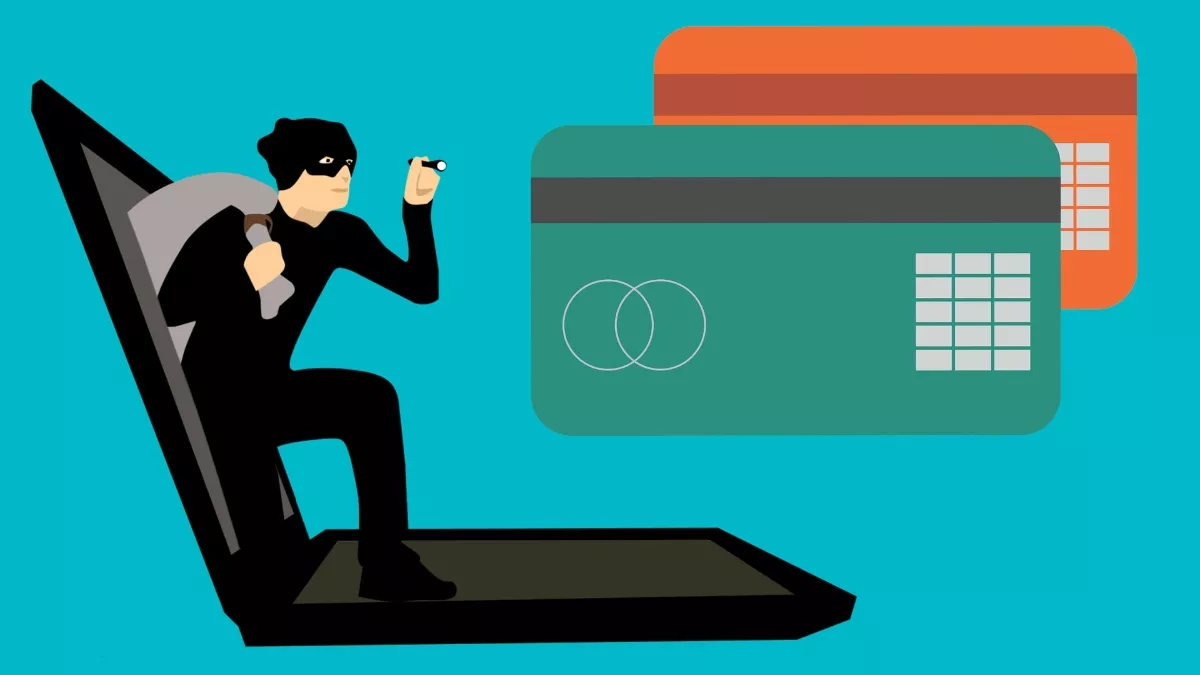How To Identify A Call Or Text Scam?

Scamming can happen in many different ways. Whether a hacker gains access to your information through invasive malware or through a public Wi-Fi connection, there are a variety of attacks to be on the lookout for. But when a criminal tries to contact you directly, pretending to be someone they’re not, things can get murky.
Phishing is an umbrella term for fraudulent attacks that rely on deception in order to steal confidential information from users. Fake calls and texts fall into the category, as do deceitful emails, CEO fraud, and fake advertisements (to name a few). Since phishers impersonate legitimate people, such as government employees or a boss at work, this method of crime is often difficult to identify.
With that said, there are still some clues to watch for. Read on for telltale signs that you might be targeted by a fraudulent call or text.
What Are They Looking For?
Typically, phishing scammers are looking to access sensitive information such as your Social Security number, credit card information or important passwords. Crimes such as identity or financial theft are often the goal of these kinds of callers. They could also be looking to get direct access to your computer or phone by pretending they’ve identified an issue with it, hoping to further hack your device. While there’s a diverse range of ways a scammer could trick you, they’re all after a similar goal ultimately.
How to Identify a Fake Phone Call?
Below are some warning signs of a fraudulent call from scammers:
- The call is from an unknown number
- The caller is asking you to pay for something and requesting your credit card information
- The caller requests your Social Insurance number
- You are being told that there’s a warrant for your arrest
- You’re coerced to “decide now” when considering a purchase
- The caller is requesting access to your device
If you think you’re on the phone with someone trying to steal your information, you should hang up immediately. You can also block the phone number from calling in the future. In addition, antivirus software for your mobile device can help to block malicious callers altogether. Also, check out our list of best android call blocker apps that you can use to filter spam calls on your smartphone.
How to Tell If A Text is Fraudulent?
Similar to fake phone calls, scammers can try to device you via text. If you receive a strange text message, consider the following clues that it could be threatening:
- The sender has an unusually long phone number
- The text claims that you’ve won a prize, and prompts you to click a link
- The message says that one of your accounts, like Gmail for example, has been compromised and asks you to verify your information
- You’re being alerted that a family member is in trouble, and money is required to help them out of the situation
If this happens to you, delete the message immediately and do not click on any mysterious links as they could give the hacker access to your device.
Many call and text scams play on your emotions: they can be frightening or exciting, heightening the victim’s emotions at the moment. This manipulation gives the criminal an upper hand, making it easier to convince the victim of their lies and ultimately get what they want. Scammers may also target the technologically illiterate — folks who wouldn’t think to question a scary message or call. But education is key to avoiding falling victim. With knowledge of the above warning signs, you’re equipped to identify a fake text or call.






